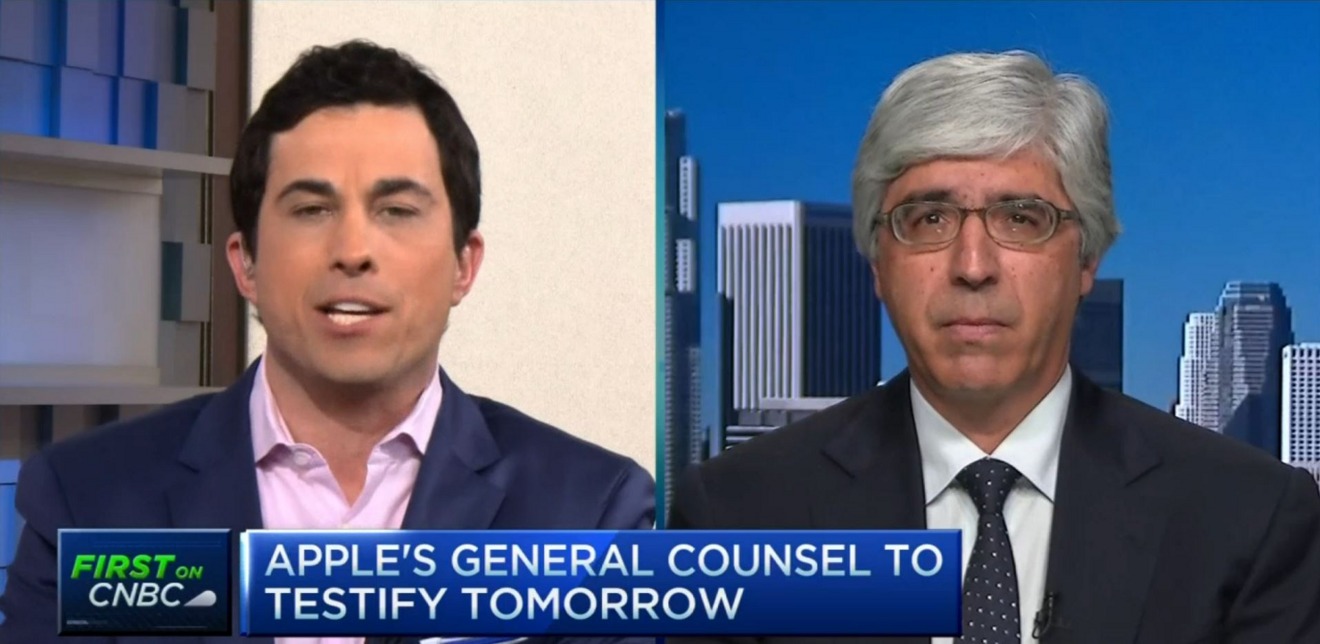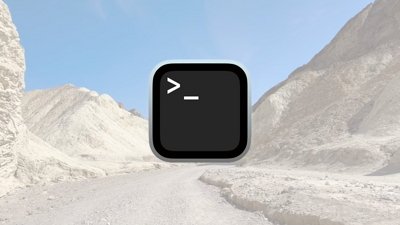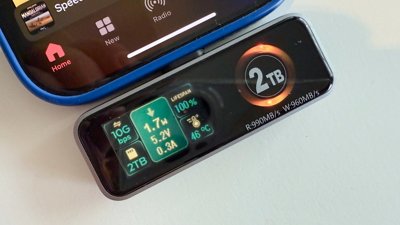One of Apple's major concerns about creating a tool to unlock the iPhone of San Bernardino shooter Syed Rizwan Farook is that doing so for the FBI would set a precedent in other countries, a lawyer for the company said on Monday.
"If Apple were willing to do this in this one — this particular case, every other country is going to say, 'Well then you have to do it for us'," Ted Boutrous explained in a TV interview with CNBC. The network suggested that Apple might be worried about a "snowball" effect in countries like the U.K. and China.
Boutros otherwise focused on most of Apple's repeated talking points, including the view that the issue needs to be examined by the U.S. Congress, and that the FBI and Department of Justice are effectively trying to create new law. Courts shouldn't have the authority to demand that companies like Apple build new, "degraded" software, he said.
Apple general counsel Bruce Sewell is due to testify in front of a House Judiciary Committee on Tuesday. A transcript of his prepared speech has already been published, in which Sewell focuses on the potential for an exploit to be commandeered beyond Farook's phone, including by other domestic law enforcement agencies, despite the FBI's assurances of a limited scope.
Earlier this month, a U.S. magistrate judge ordered apple to build a tool that would allow the FBI to bypass the passcode retry limit on Farook's iPhone 5c. That step is necessary to attempt a brute-force unlock of the device, which is currently set to auto-erase its data once the passcode limit is reached.
Apple has vowed to resist the order as far as the U.S. Supreme Court, although another lawyer for Apple — Ted Olson — recently indicated that Apple will probably cave if it loses there.
 Roger Fingas
Roger Fingas








 Chip Loder
Chip Loder
 Mike Wuerthele
Mike Wuerthele
 Malcolm Owen
Malcolm Owen

 Amber Neely
Amber Neely
 William Gallagher
William Gallagher



-m.jpg)






26 Comments
Can't wait to hear Sewell speak tomorrow. Compared to the crap that Comey and others have been spewing Sewell should come across as nothing less than brilliant.
If Apple is forced to create the "backdoor", I say Apple should open-source it and level the playing field. This way Comey would have a legacy to be truly proud of.
BTW, App for AI's forum is the worst I ever see. It is impossible to edit the text after typed.
Thanks